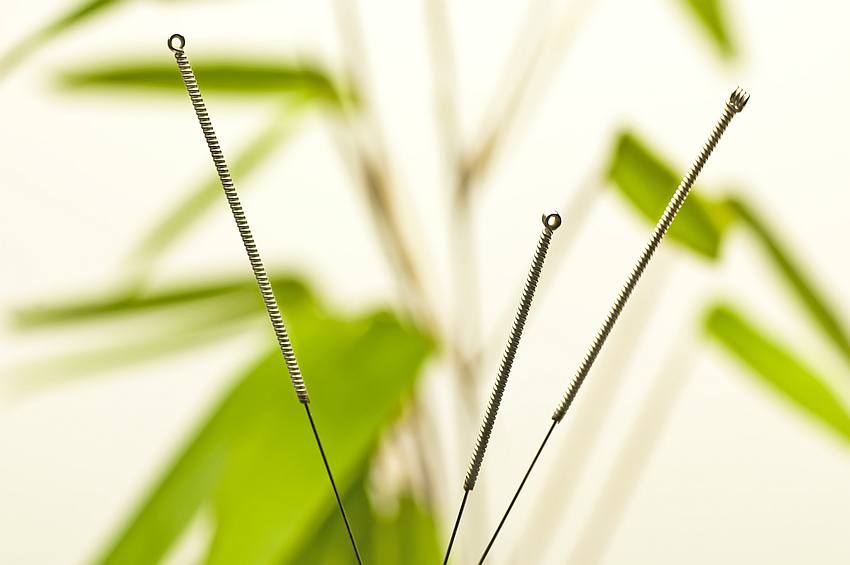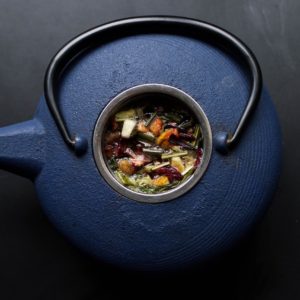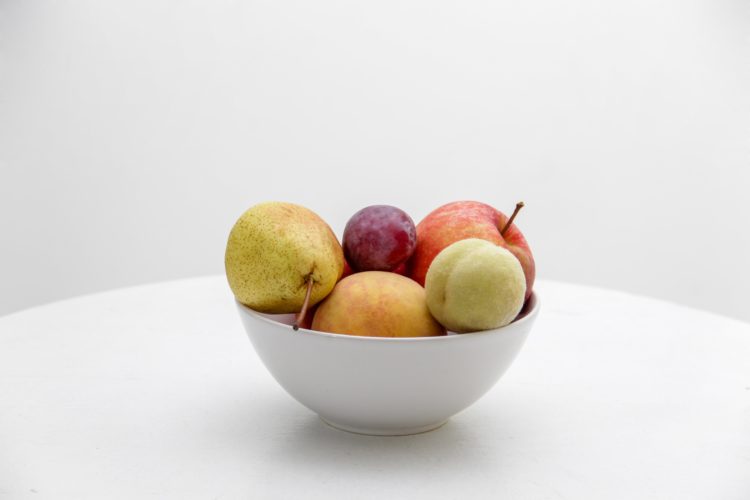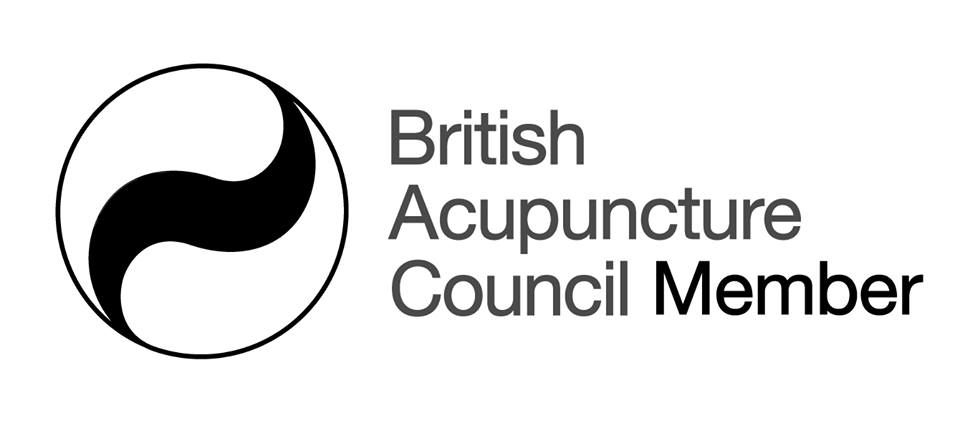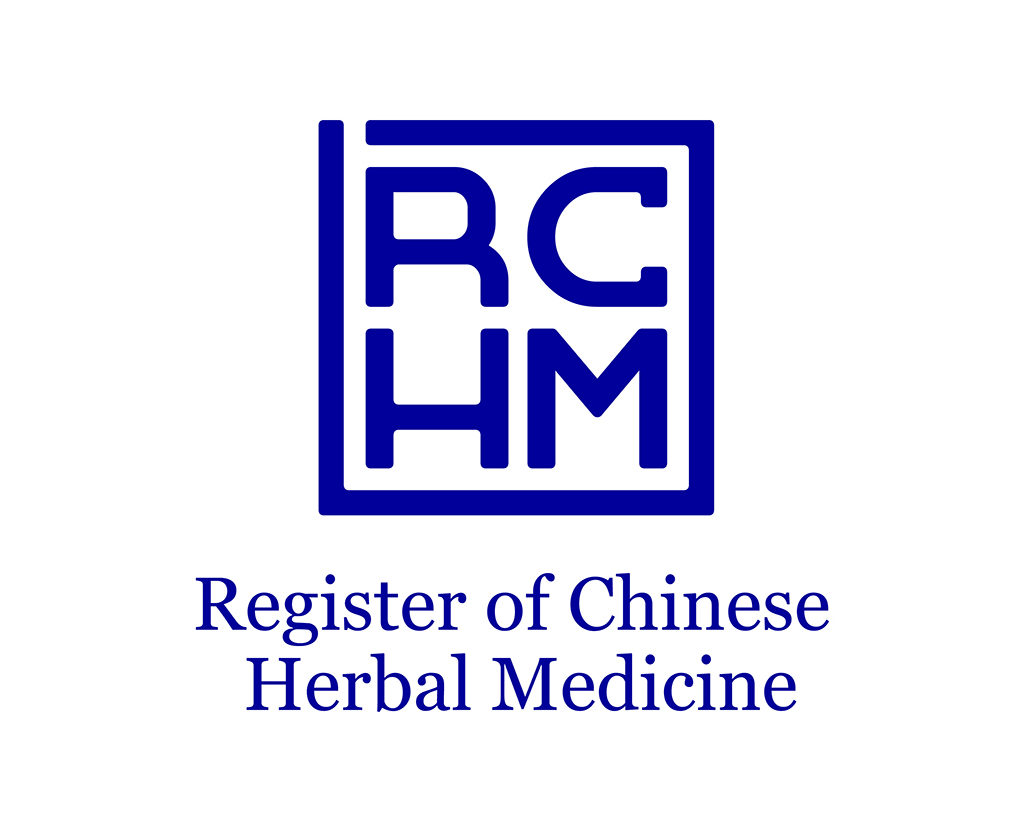Fertility and conception
Be Happy - Be Healthy - Be Fertile

Natural fertility
Your fertility is just one aspect of your health and wholeness. It’s such a precious thing and we should really be taking care of it all our adult lives, ready for the day we want to get pregnant.
But like so many things, we simply take it for granted.
Here’s the thing. Your natural fertility peaks in your 20s and starts to decline in your mid 30s.
If you’re under 35, and assuming you have no gynae problems – and your partner’s sperm are healthy, it should take less than a year of frequent unprotected ‘nookie’ for you to conceive your first child.
From 35 onwards, however, the quality of your eggs starts to decllne quite quickly and your fertility starts to wind down.
By the time you’re 42 your chances of conceiving naturally or even through IVF, are really quite slim.
When you're ready to start TTC
While you can’t turn back the clock or completely stop the effects of age on your eggs (or for that matter on your partner’s sperm) you can help to reduce them.
If you know you’re going to want a baby in the near future, or are already trying to conceive. I really recommend you start optimising your chances.
If you know you’re ready to start taking control of your natural fertility, perhaps my Preparing to Conceive programme could help. It includes a personal chinese diagnosis, an Eating for Fertility plan, acupuncture and any other appropriate therapies
If you’d like to discuss where you’re at now and the best way forward, why not book in for a half hour ‘Nice Cup of Tea and a Chat‘ where we can explore your options, both western and complimetary.

Difficulty conceiving
25% of women who seek Western treatment for fertility issues come away with a diagnosis of ‘no known cause’. This can be stressful and frustrating and, if you’ve left baby-making a bit late, you may worry that you’ll never become pregnant.
Of course there are some gynae problems that can make it more difficult to conceive. Some, such as endometriosis for example may require surgery
If you have been diagnosed with a condition such as PCOS or endometriosis, a thyroid problem, blocked fallopian tubes, low AMH, or Luteal phase defect, these conditions need to be addressed in themselves. If you prefer to avoid standard medical treatments, personalised acupuncture or chinese herbal treatment may be able to help.
It should be siad, however, that even though many women benefit from traditional Chinese medicne, there is very little western medical research to support their use. In all cases, you should give me a ring to discuss your particular circumstances and whether Chinese medicine is a useful way forward.
But if you just don’t know why you haven’t managed to get pregnancy yet, and want to optimise your natural fertility to avoid a last minute dash into IVF It’s really important to make sure that you’re as fertile as possible now through diet, lifestyle changes and a little Chinese medicine.
My Preparing to Conceive plan is designed to help you do just that
Fertility and your period
Your menstrual cycle may seem perfectly normal to you, or at least, you accept it for what it is, but Chinese medicine can spot subtle signs of imbalance that can affect your ability to conceive. Using acupuncture or herbs and dietary changes, it can help to balance hormones and regulate your cycle before you even get to the point of wanting to get pregnant..
You can check what your hormones are up to by monitoring your cycle and keeping a temperature chart
Protecting your fertility

Unfortunately, many women believe that they are fertile until they reach menopause. Actually this isn’t true. By the time you are 35 your natural fertility starts a fairly steep decline and from your early 40s your chances of conceiving are extremely low. Of course, there are always exceptions, but that’s the general rule.
If you know you’re going to want to leave motherhood for a later date, there are a number of nutritional and lifestyle changes you should make which will help optimise your chances of conceiving naturally, come a day.
Coming for a fertility MOT will give you the opportunity to discuss your fertility issues and decide how you want to move forward. This initial fertility assessment includes a Chinese assessment of your health, a simple Eating for Fertility plan, lifestyle and self help tips and a discussion of useful treatments.

Acupuncture & herbs for fertility
At Fertile Ground I use acupuncture and herbs to help regulate your hormones and restore a regular cycle. With its unique view of the body, Chinese medicine can diagnose subtle imbalances that may contribute to fertility problems, now or in the future.
By inserting ultra fine needles at special points on the body’s ‘energy meridians’ acupuncture can be used to bring your system back into balance and ensure minor imbalances don’t turn into major problems.
Several studies have shown acupuncture to stimulate blood flow to the pelvic region, balance hormones and support ovulation.
It is also really stunning for alleviating stress and contributing to a good nights’ sleep, both of which are important not only to fertility, but to a better quality of life.
Chinese herbs can also help to regulate your cycle, clear excess fluid which may block the fallopian tubes, and help prepare the lining of your womb ready for your baby to implant. They are particularly useful if you have a condition such as PCOS or endometriosis.
Herbs have anti-oxidant and anti-inflammatory actions, balance hormones, improve blood flow, relieve stress and reduce spasm and can act as tonics to support your whole system.
At Fertile Ground, I offer Chinese diagnosis, herbs and acupuncture treatments to support your fertility and help you prepare for conception.
Get in touch to find out more or make a booking

Food, Lifestyle and fertility
Your lifestyle is fundamental to your health and to your fertility. You may well be working long hours, eating or drinking too much or too little, exercising too hard or not enough, not sleeping enough and be under stress from work and family.
All of these things can have a negative effect on your ability to conceive easily.
We are often aware of all this, but it’s too overwhelming to do anything about it. It can be really helpful to talk to someone outside your life who can help you sort it out.
The ancient Chinese view of life and health is very common sense and pragmatic. It can really feel like a relief and offers a kind of blueprint for adjusting our own lives, feeling less stressed and, actually, happier.
I will help you identify negative habits and areas of stress and find simple, practical ways to change what you can.
Eating for fertility
What you eat is also fundamental to your health and fertility. We really don’t look after our bodies very well. We need to take stock of what we eat and when and how we eat it.
Try keeping a diet diary for a week. You’ll be surprised at what you actually eat (as opposed to what you think you eat!) and might even be horrified at the amount of pre-prepared or junk food in your diet.
No single food or supplement is going to suddenly make super-fertile, but a good, well balanced diet that emphasises enti-oxidant and anti-inflammatory foods can certainly help.
You need to focus on eating natural food, regularly, sitting down, and in a stress free environment – not always that easy, eh!
I will help you put together a natural, nourishing eating plan that fits with you life, provides the energy and nourishment you need and supports your fertility.
Get in touch if you want to find out more, or make a booking

Monitoring your fertility
Your only real contact with your fertility is the regularity of your cycle and what your period is like. There aren’t any other obvious outward signs that your hormones are a bit wonky.
You can monitor your cycle by taking your temperature first thing in the morning (known as your BBT or basal body temperature). By plotting the temperatures on a graph, it’s possible to see what your hormones are up to. (There are helpful bits of kit and apps that can do this for you)
The shape of the temperature graph can be really helpful in pin-pointing if any part of your cycle is out of whack. and may need adjusting.
Other clues to hormone balances can be found if you keep an eye out for changes in your natural vaginal secretions throughout your cycle.. This is particularly helpful as it’s a real-time indicator of the ‘opening of the fertile window’. – the best time of the month for baby-making.
